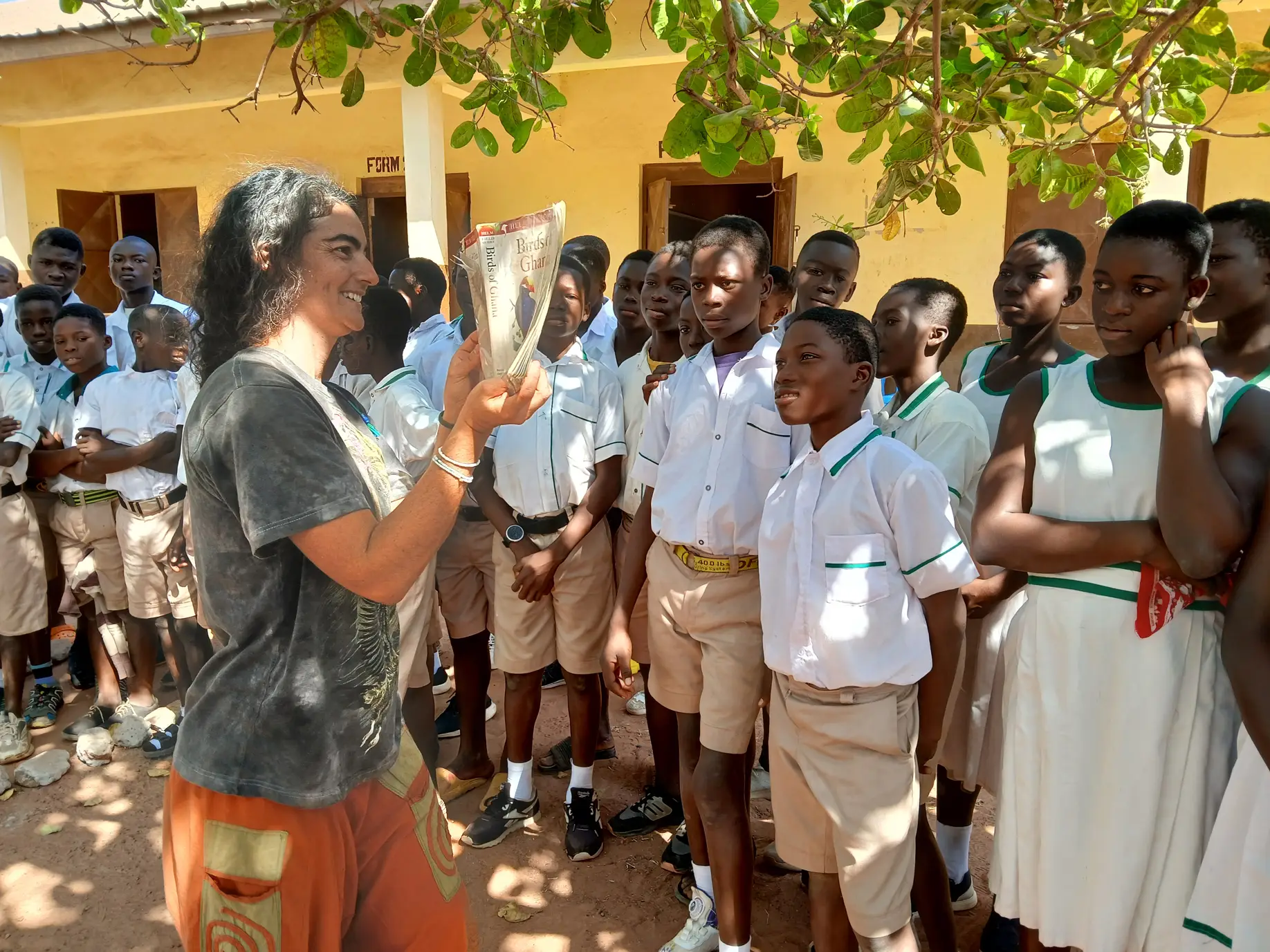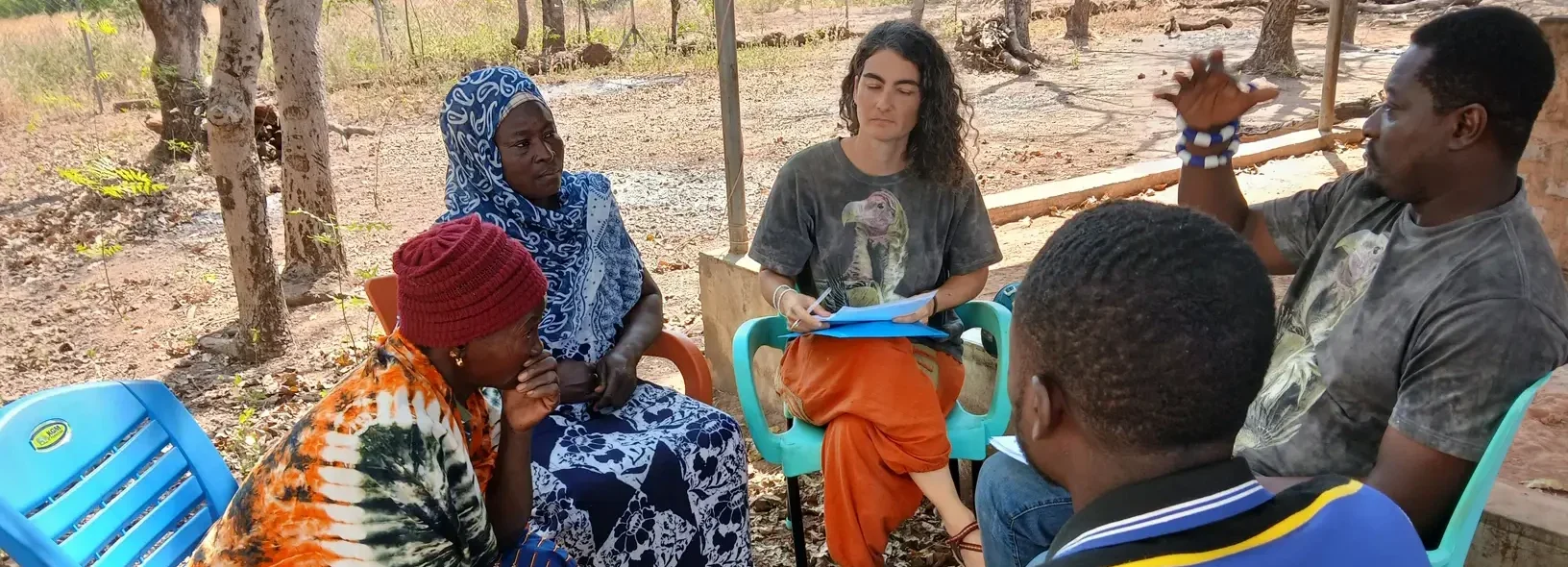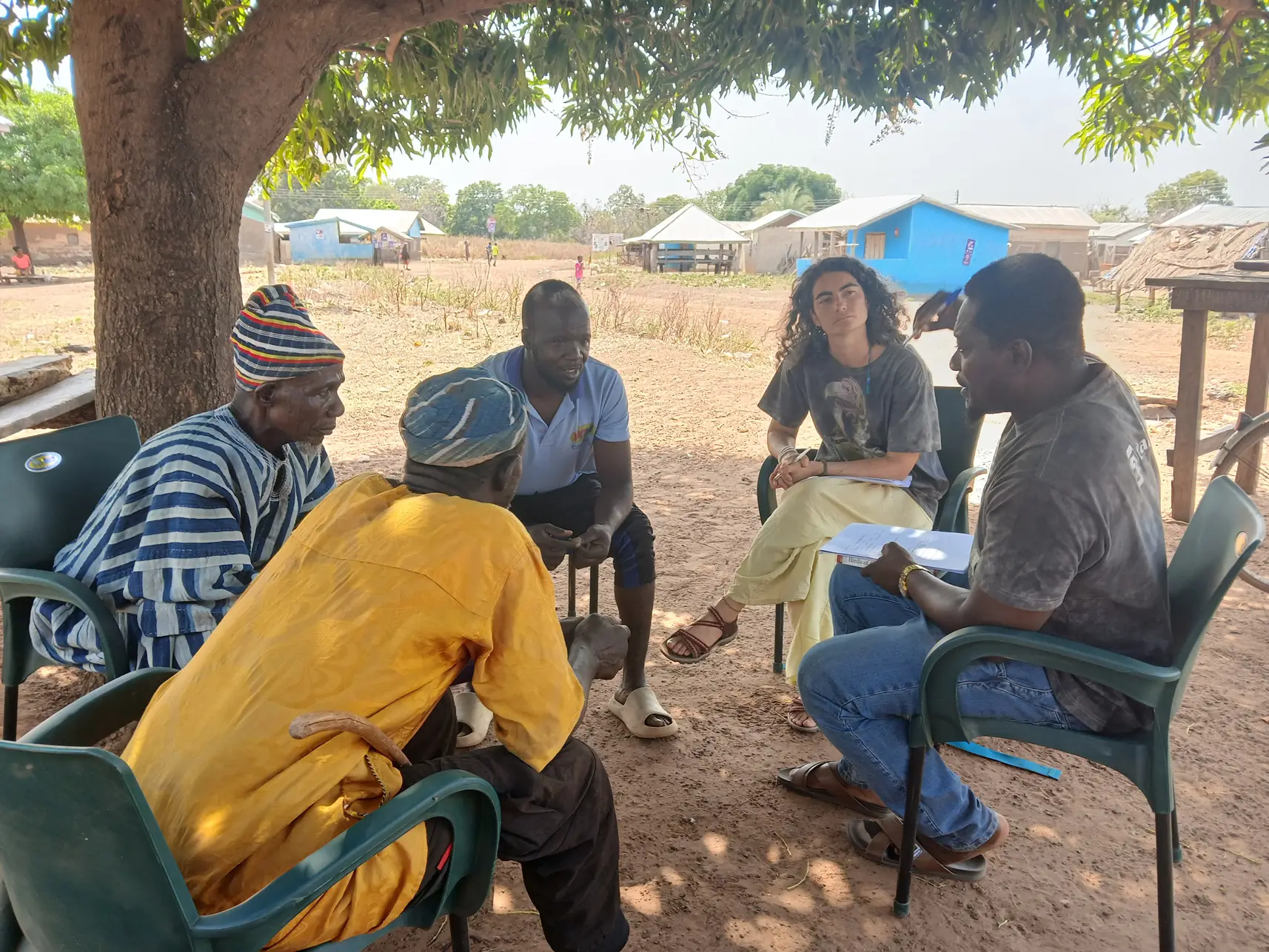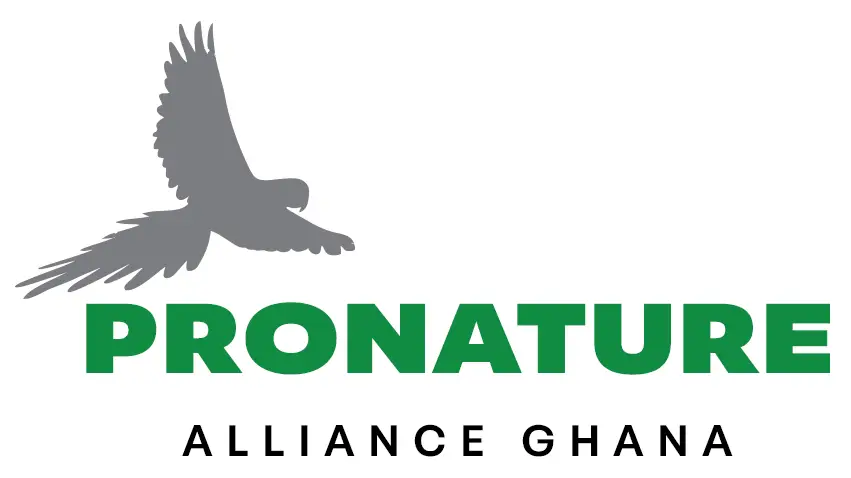Savannah Ecosystem Conservation
Vultures of Mole National Park: Safeguarding One of West Africa’s Last Strongholds
Across Africa, vulture populations are disappearing at an alarming rate. Poisoning, habitat loss, hunting for traditional medicine, and declines in food availability have pushed these species to the brink of extinction.
The Situation
In West Africa, where vultures play a vital role in maintaining healthy ecosystems, it is only recently that a few studies have been conducted that contribute to understanding their conservation status.
The majority of vulture species are classified as Critically Endangered, according to the International Union for Conservation of Nature (IUCN). Without urgent action, these natural “waste managers” are on the path to extinction, with devastating ecological and potentially public health consequences.
The Discovery of Critical Nesting Sites
In 2019, members of our research team, together with other partners working in Mole National Park, made a groundbreaking discovery: previously unreported vulture breeding sites. For the first time in the country, active nests of three critically endangered species, namely the Hooded Vulture, White-backed Vulture, and White-headed Vulture, were recorded inside the park. This was a milestone moment: there were no previously documented nests for Hooded or White-headed Vultures in the park, and only one earlier record existed for the White-backed Vulture, also reported in a study by one of our technical team members.
Our Approach and Findings
Since then, our project has remained the first multi-year Vulture monitoring program in Ghana, specifically at Mole National Park.
Between 2019 and 2024, we covered over 745 kilometres on foot and by vehicle, recording more than 180 vulture sightings and identifying 17 active nests and 8 communal roost sites.
Monitoring combines:
- Field surveys: To map nests and roosts.
- Direct observations: to study breeding success and habitat features.
- Satellite tracking: of vultures to understand movements and identify potential threats.
- Community outreach: in nearby schools and villages to raise awareness about the ecological importance and societal benefits of vultures.
This work has established the very first baseline data for vulture breeding in Ghana and has laid the foundation for future research and conservation action.
Working Together
Conservation success depends on collaboration. The project is implemented with support from the Wildlife Division of the Forestry Commission, Community Resource Management Areas (CREMAs), and local communities who live alongside the Vultures. Together, we are working to protect breeding sites, reduce human threats, and foster pride in these iconic but often misunderstood birds.




Looking Ahead
Our next phase (2026–2028) aims to expand monitoring across a larger area of Mole National Park and beyond, establishing a West African model for vulture conservation. This upscaling will also deepen education efforts, ensuring that local communities, especially youth, become champions for vulture research and conservation.
We are actively seeking new partners and funders to join us in securing a safer future for vultures in Ghana.
